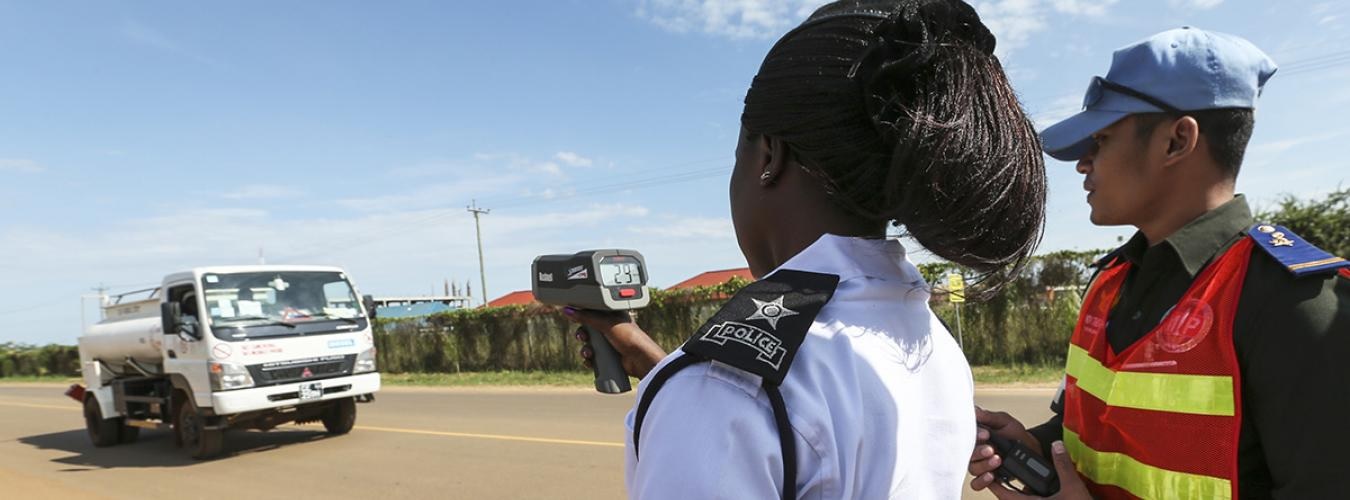Road traffic injuries - leading killer of people
aged 5-29
years
The Global status report on road safety, launched by
WHO in December 2018, highlights that the number of annual road traffic deaths
has reached 1.35 million. Road traffic injuries are now the leading killer of
people aged 5-29 years. The burden is disproportionately borne by pedestrians,
cyclists and motorcyclists, in particular those living in developing countries.
The report also indicates that progress to realize
Sustainable Development Goal (SDG) target 3.6 – which calls for a 50% reduction
in the number of road traffic deaths by 2020 – remains far from sufficient.
More than half of all road traffic deaths are among
vulnerable road users: pedestrians, cyclists, and motorcyclists. Pedestrians,
cyclists, and riders of motorized 2- and 3-wheelers and their passengers are
collectively known as "vulnerable road users" and account for half of
all road traffic deaths around the world. A higher proportion of vulnerable
road users die in low-income countries than in high-income countries.
Origins and significance
of the Day
Since the adoption of the World Day of Remembrance for Road Traffic
Victims, pursuant to General Assembly resolution 60/5,
the observance has spread to a growing number of countries on every continent.
The Day has become an important tool in global efforts to reduce road
casualties. It offers an opportunity for drawing attention to the scale of
emotional and economic devastation caused by road crashes and for giving
recognition to the suffering of road crash victims and the work of support and
rescue services.
A dedicated website was launched to make the
Day more widely known and to link countries through sharing common objectives
and the remembrance of people killed and injured in crashes.
In September 2020, the UN General Assembly adopted resolution A/RES/74/299 "Improving global road safety", proclaiming the Decade of Action for Road Safety 2021-2030,
with the ambitious target of preventing at least 50% of road traffic deaths and
injuries by 2030. WHO and the UN regional commissions, in cooperation with
other partners in the UN Road Safety Collaboration, have developed a Global Plan for the Decade of Action.
Also, to highlight the plight of children on the world’s roads
and generate action to better ensure their safety, the UN organizes the Global Road Safety Week.
Remember. Support. Act.
The objectives of the World Day of Remembrance for Road Traffic
Victims are to provide a platform for road traffic victims and their
families to:
- remember all people killed and
seriously injured on the roads;
- acknowledge the crucial work of the
emergency services;
- draw attention to
the generally trivial legal response to culpable road deaths and injuries
- advocate for better support for road traffic
victims and victim families;
- promote evidence-based actions to prevent
and eventually stop further road traffic deaths and injuries.
The World Day of
Remembrance for Road Traffic Victims 2021 puts the spotlight on the
reduction of traffic speeds – Low speeds, which have the potential to prevent
many deaths and serious injuries, in particular those of pedestrians and all
other vulnerable road users – children, elderly and the disabled.
#HWPL
#DPCW_1038 #IPYG #IWPG #WARP_OFFICE #PEACE_MOVEMENT #DPCW

















